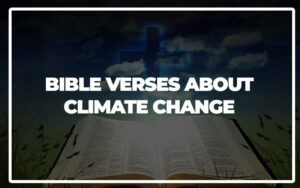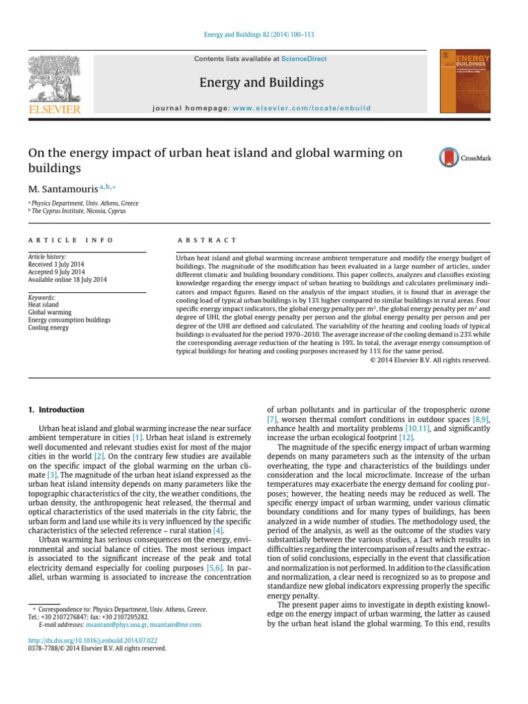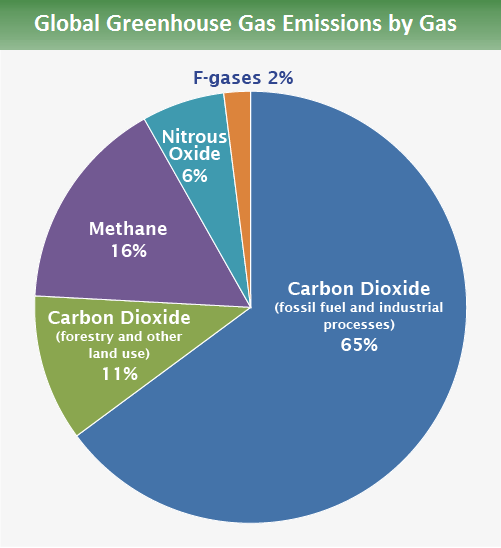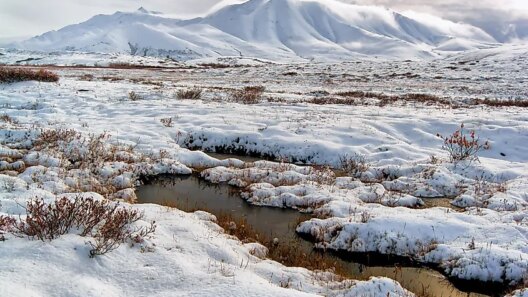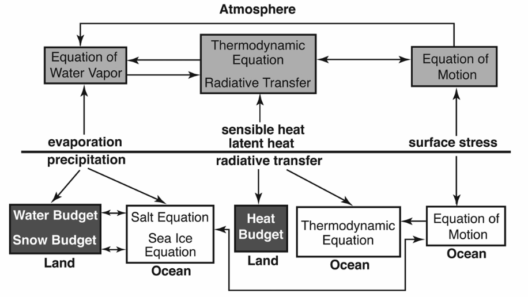Climate change has become one of the most pressing global issues of our time. As the degradation of our planet accelerates, it is essential to comprehend the nuances surrounding this phenomenon. What exactly is climate change, and how do scientists, activists, and even Biblical texts interpret it? Understanding these perspectives allows us to grasp the complexities of this crisis and the collective responses it garners.
Scientists define climate change as a long-term alteration of temperature and typical weather patterns in a place. Though climate change occurs naturally over geological time scales, the term predominantly refers to the rapid changes observed since the late 19th century, primarily driven by human activities. The most significant factor fueling this change is the increased accumulation of greenhouse gases, particularly carbon dioxide and methane, in the atmosphere due to industrialization, deforestation, and fossil fuel consumption.
The repercussions of climate change are far-reaching and disturbing. The Intergovernmental Panel on Climate Change (IPCC) highlights rising temperatures leading to extreme weather events, shrinking ice sheets, rising sea levels, and shifting wildlife populations. The fabric of ecosystems is torn, with biodiversity at stake and the survival of countless species hanging in the balance. Could our disregard for these warnings ultimately render our planet inhospitable?
Activists have catalyzed a movement that urges immediate action against climate change. With voices echoing from classrooms to global summits, they highlight not just scientific facts, but an ethical obligation to protect the Earth. Activists emphasize not merely the evidence of climate change, but the moral imperatives surrounding it. They argue that the consequences of inaction—food insecurity, loss of habitat, and destruction of livelihoods—are disproportionately borne by marginalized communities. This brings about an essential question: Is it not our responsibility to safeguard the planet for future generations?
Drawing parallels across cultures can provide insight into how climate change is perceived through different lenses. The Bible, a foundational text for millions, also touches on the relationship between humanity and the environment. While it doesn’t explicitly mention climate change as we understand it today, its principles advocate stewardship of the Earth. Genesis, for instance, speaks of God placing humans in the Garden of Eden to cultivate and keep it. This can be interpreted as a divine mandate to care for the environment.
Moreover, there are verses that suggest a moral obligation to protect nature. The book of Leviticus advises against destruction, stating, “You shall not destroy its trees” during times of war, which resonates today as we face deforestation and habitat destruction. Such admonitions establish a framework wherein humans are caretakers, projected against the backdrop of rampant ecological degradation.
As we delve into the consequences of climate change, it becomes imperative to consider how religious and ethical frameworks influence our actions. Numerous faith-based organizations are now actively participating in the climate movement, advocating for sustainable practices and policies derived from spiritual teachings. They argue that a holistic approach that integrates scientific understanding and spiritual stewardship is crucial in combating climate change.
Yet, the diverse perspectives on climate change also ignite passionate debates. Some skeptics challenge the scientific consensus, proposing alternative narratives. Thus, it is necessary to engage with these views critically. Is dismissing them outright the most productive approach? Discussions around skepticism can lead to more constructive dialogues if approached thoughtfully.
Simultaneously, certain activists urge radical transformation rather than mere reforms. They call for systemic change that addresses the root causes of climate issues—capitalism, inequality, and consumerism. This poses a compelling question: Are incremental changes enough to counteract the impending climate catastrophe?
On a global scale, the effects of climate change echo through nations, altering economies and geopolitics. Countries experiencing severe climate impacts unite in initiatives such as the Paris Agreement, collectively pledging to limit global temperature rise. However, adherence to these commitments remains inconsistent. For instance, industrialized nations are often criticized for their historically high emissions while developing nations grapple with the immediate effects of climate change, even as they contribute less to the problem.
This global inequity raises further contemplation: How can we establish a fairer distribution of responsibility and resources to combat climate change? Addressing climate change must not only involve scientific and technological solutions but also an unwavering commitment to social justice.
As individuals, the choices we make have collective repercussions. Small actions like reducing waste, conserving energy, and supporting sustainable practices can catalyze monumental changes when multiplied across communities. But does individual action sufficiently address the systemic nature of climate change? Perhaps role models, whether they be scientists, activists, or spiritual leaders, can guide us to forge personal paths toward sustainability.
The interplay between scientific evidence, activist passion, and spiritual stewardship creates a rich tapestry for understanding climate change. Together, these perspectives challenge us to consider profound questions about humanity’s relationship with the Earth, our responsibilities to one another, and the legacy we wish to leave behind. If the stakes are as high as they appear, can we afford to remain passive?
In sum, climate change is not merely a scientific or environmental issue; it embodies ethical dilemmas that inspire action across disciplines and belief systems. By aligning science with activism and spiritual teachings, a more robust approach is possible, one that embraces the full spectrum of human experience. As we look to the future, this collaborative effort may prove essential in safeguarding our planet for generations to come.



